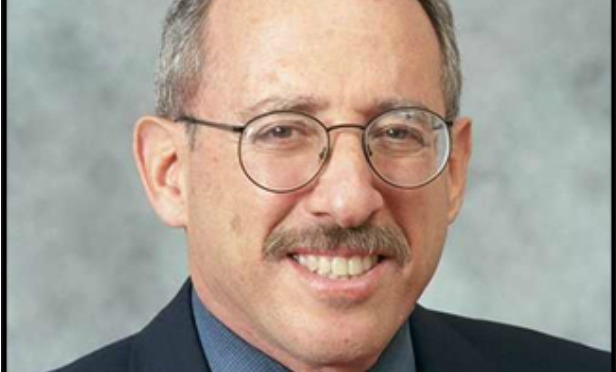 David Shulman is a senior economist at the UCLA Anderson Forecast.
David Shulman is a senior economist at the UCLA Anderson Forecast.
This cycle, it has become commonplace to predict the next recession, but despite the rhetoric—expressions like, “the cycle is getting long in the tooth”—fear of a recession isn't showing up in investment strategies. According to the latest report from UCLA Anderson Forecast and the UCLA Ziman Center for Real Estate, economic growth is slowing and will likely be down to 2% and then 1% in 2020, increasing the risk for a recession that will significantly impact commercial real estate.
“We aren't forecasting a recession right now. We are highlighting that when you go down to 1% growth, the risk is rising,” David Shulman, senior economist for the Ziman Center and UCLA Anderson Forecast, tells GlobeSt.com. “You are going from 200,000 jobs a month to 40,000 jobs a month, you are going to have major issues with office absorption, apartment absorption, maybe retail. You are going to have some real issues on the demand side of real estate.”
If investors were concerned about a recession, or even reacting to some of the warning signs of slowed growth and increasing corporate debt, it would show up first in cap rates and pricing. That hasn't happened. “If people were looking at [slowing economic growth], cap rates would be higher,” says Shulman. “We haven't really seen a real move in cap rates. That tells me that people aren't looking at that. If they were, the first sign would be an increase in high yield spreads, and that might move over into cap rates. To me, if we have higher interest rates and investors were worried about the durability of future cash flows, there would be higher cap rates, but we aren't seeing that. So, I don't think that people are worried about it. Or, they may be worried about it, but it is not reflective in pricing.”
Some outlets are predicting a rise in cap rates next year, however, which could prove to be a reaction to the changing economy. However, the change will be nominal. “Green Street is talking about higher cap rates next year. I think that with the widening of the higher yield spread, we will see higher cap rates,” says Shulman. “Not by a lot, but a quarter of a point or half of point.”
As economic growth slows, it will impact job growth first, and Shulman says that there will be an obvious difference in the decrease in jobs. “People will begin to see in the numbers that jobs will down 150,000 to 140,000 pretty soon, and then they will begin to notice it,” he says. As that happens, there will be a greater risk for a recession. For now, however, economic growth is strong and hasn't triggered a cause for an adjustment. Next year, as job growth slows, we'll see how investors react to the changing dynamics.
© Touchpoint Markets, All Rights Reserved. Request academic re-use from www.copyright.com. All other uses, submit a request to [email protected]. For more inforrmation visit Asset & Logo Licensing.






